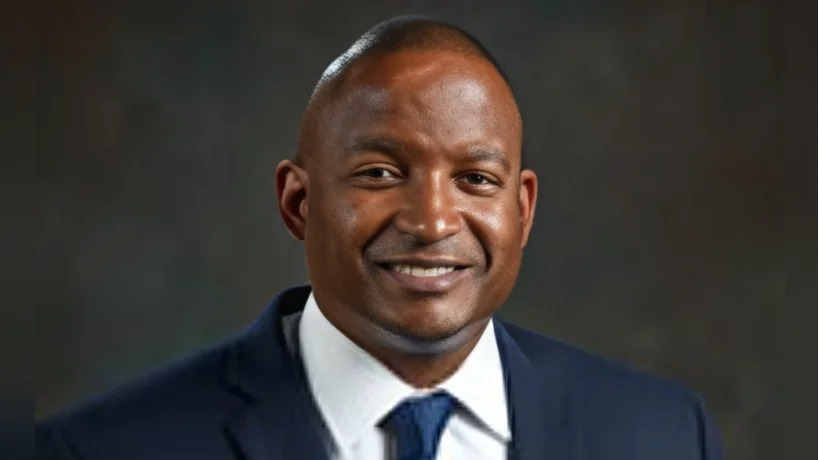The judge presiding over the case of Kilmar Armando Abrego Garcia, a Maryland resident who was wrongfully deported to El Salvador, has expressed the possibility of contempt proceedings against the Trump administration. The proceedings are being considered due to a lack of evidence showing efforts to facilitate Garcia's return to the United States.
Professor Monica Haymond of Northwestern Law commented on the situation, expressing doubt that progress will occur without increased public pressure. According to her, “A court could try to impose sanctions on an agency or the government lawyers for failing to comply with the court’s orders. But courts are pretty reluctant to do that, and historically they haven’t." She added that Congress might attempt to force compliance but emphasized the necessity of public support to create pressure on legislative and executive branches.
Professor James Pfander, also from Northwestern, discussed potential remedial steps if President Trump continues to delay efforts in getting Garcia back to the U.S. Pfander, who has researched constitutional litigation, explained, “In the common law tradition that forms the backdrop for our system of constitutional remedies, the best option will be some form of action against an inferior official, rather than against Trump himself."
Pfander pointed out the challenges posed by President Trump's unilateral actions and the legal implications involved. He noted, “President Trump’s willingness to take unilateral executive action without working through federal agencies or securing legislative support will test the limits of executive power across an array of policy issues." The case of Abrego Garcia illustrates these legal challenges, particularly the limits of executive power and the court's ability to enforce compliance.
Professor Haymond is unavailable for interviews, yet her statements are open to media usage, whereas those wishing to interview Professor Pfander can contact Shanice Harris at Northwestern.

